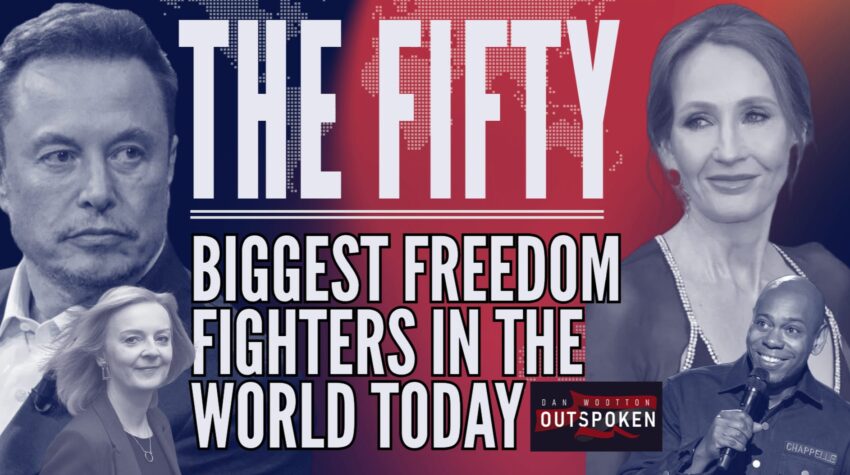In the world of British media, few names stood out as prominently as Dan Wooten.
Known for his relentless pursuit of showbiz scoops, Wooten’s meteoric rise captivated audiences and industry insiders alike.
He became a household name, a familiar face on television screens, and the go-to source for the latest celebrity gossip.
Viewers eagerly awaited his insights, drawn to the man who seemed to have an inside track on the lives of the rich and famous.
Wooten didn’t just report the news; he shaped it.
His commentary was not only sought after but also held significant weight in the entertainment landscape.
With a carefully crafted persona that suggested unparalleled access to the inner workings of celebrity culture, he became a figure of intrigue.
High-profile events were his playground, and his connections with influential personalities only added to his magnetic appeal.
The public was entranced, hanging onto his every word, craving glimpses into the glamorous world he navigated.
However, beneath the glimmering surface, troubling whispers began to emerge.
Allegations of misogyny followed him, painting a troubling picture of a man whose words often belittled young women striving for success in a demanding industry.
What was once seen as ambition turned into a ruthless quest for power, with claims of a toxic work environment surfacing alongside his growing fame.
As the facade of the charming insider began to crack, a darker narrative started to unfold.
The turning point came in 2023 when Byline Times, a publication known for its investigative rigor, published explosive allegations against Wooten.
They accused him of engaging in illegal activities, including blackmail, using his position to manipulate individuals with promises of favorable coverage.
This shocking revelation painted a portrait of a man who exploited his influence for personal gain, shattering the carefully curated image he had built over the years.
As the scandal broke, the media landscape trembled.
Denials poured in from Wooten, but the damage was already done.
The details of the allegations were both specific and alarming, revealing a man who had become ensnared in his own web of deceit.
The pseudonym “Martin Branning” emerged, associated with disturbing claims of soliciting explicit content, further tarnishing Wooten’s reputation.
This alias became synonymous with betrayal, highlighting the potential for exploitation lurking within the glamorous veneer of the media industry.
Wooten’s career, once a beacon of success, crumbled under the weight of these revelations.
Dropped by his employer and branded a pariah, his name now echoed with scandal.
The public’s verdict was swift and unforgiving, yet Wooten clung to his innocence, framing himself as a victim of a smear campaign.
However, many found his denials unconvincing, as the fallout from his actions reverberated throughout the industry.
This scandal transcended the story of one man’s downfall; it raised critical questions about the culture of silence and complicity within the media.
How many others were aware of Wooten’s alleged behavior yet chose to remain silent?
The allegations unearthed a disturbing reality—a culture where power often overshadowed integrity, revealing the dark side of celebrity journalism.
For those who once admired Wooten, the revelations were a bitter pill to swallow.
The man who had positioned himself as a champion of truth was now exposed as a fraud, betraying the public trust he had cultivated.
This scandal served as a stark reminder of how easily influence can be misused, casting a long shadow over the entertainment industry and beyond.
The implications of Wooten’s actions reached far into the realm of journalism itself.
In an age dominated by clickbait and the relentless chase for scoops, the lines between ethical reporting and sensationalism blurred alarmingly.
If someone like Wooten could exploit his platform for such egregious purposes, what did it say about the state of modern journalism?
The incident sparked urgent conversations around ethical standards and accountability in an industry already grappling with public distrust.
As the dust settled, the question remained: could journalism rebuild its tarnished reputation?
The path forward depended on a collective commitment to reform, emphasizing ethics and integrity in reporting.
It was clear that the pursuit of truth must always come before personal gain, and journalists needed to recommit to the foundational principles of accuracy, fairness, and accountability.
In the wake of this scandal, Dan Wooten’s story shifted from one of ambition and success to a cautionary tale.
His journey from celebrated journalist to a figure of disgrace serves as a powerful reminder of the dangers of unchecked power and ethical lapses.
The accolades that once defined his career have been overshadowed by the revelations of misconduct, leaving a legacy forever marred by scandal.
Ultimately, the saga of Dan Wooten underscores a universal truth: true success is not measured by fame or fortune but by the strength of one’s character and integrity.
In a competitive media landscape, the temptation to cut corners is ever-present, but the lessons learned from Wooten’s downfall resonate across all professions.
It serves as a poignant reminder that our actions define us, and the pursuit of integrity should always prevail over the allure of notoriety.
